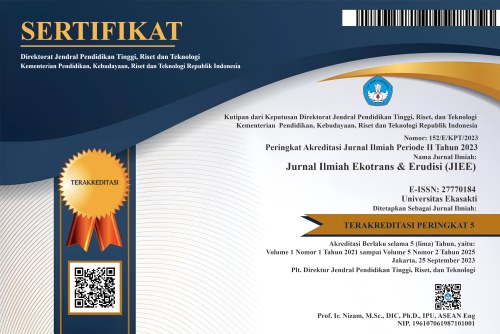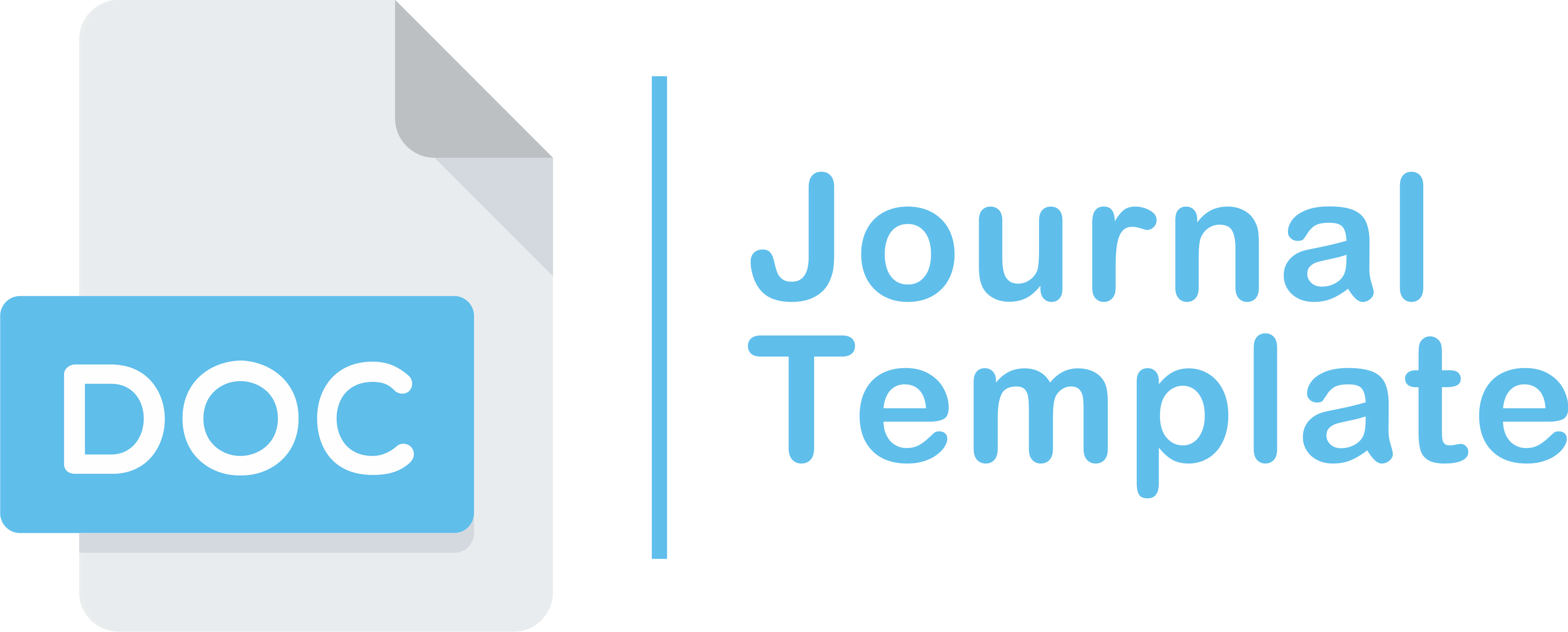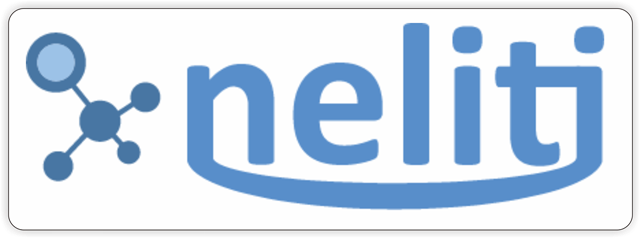The Essence of Legislation in Realizing a Legal State Based on Justice and Welfare
DOI:
https://doi.org/10.69989/pw0yem58Keywords:
Rule of Law, Legislation, Justice, Welfare, Legal Certainty, Accountability, Transparency, Community ParticipationAbstract
This research examines the essence of legislation in realizing a legal state that focuses on justice and people's welfare. The rule of law is a fundamental basis for achieving justice and prosperity. Legislation, as the main instrument of the rule of law, is central to translating the values of justice and welfare into concrete practice. This research explores the definition and characteristics of the rule of law and the crucial role of legislation in upholding the supremacy of law, creating legal certainty, and realizing justice and prosperity for all people. Furthermore, this research identifies fundamental principles that must be realized in legislation to achieve justice and prosperity, such as, Rule of law and legal certainty, Justice and equality before the law, Benefit and welfare of the people, Accountability and transparency and Community participation in drafting legislation. This research also discusses challenges and solutions in realizing just and prosperous legislation. Factors that hinder the realization of just and prosperous legislation are analyzed, and efforts to overcome these challenges are proposed.
Downloads
References
Bedner, A. (2010). An elementary approach to the rule of law. Hague Journal on the Rule of Law, 2(1), 48–74. https://doi.org/10.1017/S1876404510100037
Buyse, A. (2018). Squeezing civic space: Restrictions on civil society organizations and the linkages with human rights. The International Journal of Human Rights, 22(8), 966–988. https://doi.org/10.1080/13642987.2018.1492916
Creswell, J. W. (2014). A concise introduction to mixed methods research. SAGE publications.
Gill, G. N., & Ramachandran, G. (2021). Sustainability transformations, environmental rule of law and the Indian judiciary: connecting the dots through climate change litigation. Environmental Law Review, 23(3), 228–247. https://doi.org/10.1177/14614529211031203
Jakab, A., & Kirchmair, L. (2021). How to develop the EU justice scoreboard into a rule of law index: using an existing tool in the EU rule of law crisis in a more efficient way. German Law Journal, 22(6), 936–955. https://doi.org/10.1017/glj.2021.46
McGregor, L., Murray, D., & Ng, V. (2019). International human rights law as a framework for algorithmic accountability. International & Comparative Law Quarterly, 68(2), 309–343. https://doi.org/10.1017/S0020589319000046
Muhammad, M., & Husen, L. O. (2019). State Civil Apparatus in Indonesia in the Conception of Welfare State: A Study of Legal Material Law Number 5 Year 2014 on State Civil Apparatus. Asian Social Science, 15(3), 64.
Mulia, R. A. (2022). Systematic Literature Review: Analisis Tren dan Tantangan Dalam Perkembangan Desentralisasi di Indonesia. Jurnal Ilmiah Ekotrans & Erudisi, 2(2), 49–61. https://doi.org/10.69989/528eg697
Mulia, R. A., & Saputra, N. (2020). Analisis Faktor-Faktor Yang Mempengaruhi Kesejahteraan Masyarakat Kota Padang. Jurnal El-Riyasah, 11(1), 67–83. https://doi.org/10.24014/jel.v11i1.10069
Ornstein, A. C. (2017). Social justice: History, purpose and meaning. Society, 54(6), 541–548. https://doi.org/10.1007/s12115-017-0188-8
Pramono, W., & Mulia, R. A. (2023). Village Government Policy in Reducing Poverty. Jurnal Ilmiah Ekotrans & Erudisi, 3(2), 112–121. https://doi.org/10.69989/2njzr944
Radin, M. J. (2017). Reconsidering the rule of law. In The Rule of Law and the Separation of Powers (pp. 37–76). Routledge.
Riwanto, A., & Suryaningsih, S. (2022). Realizing Welfare State and Social Justice: A Perspective on Islamic Law. Volksgeist: Jurnal Ilmu Hukum Dan Konstitusi, 41–51. https://doi.org/10.24090/volksgeist.v5i1.6430
Rodrigues, S. (2022). Measuring legislation as a tool for better laws: the example of the Portuguese legislation observatory. Exploring the Province of Legislation: Theoretical and Practical Perspectives in Legisprudence, 137–154. https://doi.org/10.1007/978-3-030-87262-5_8
Scott, C., Cafaggi, F., & Senden, L. (2011). The conceptual and constitutional challenge of transnational private regulation. Journal of Law and Society, 38(1), 1–19. https://doi.org/10.1111/j.1467-6478.2011.00532.x
Sugiyono, S. (2017). Metode Penelitian Kuantitatif, Kualitatif dan R&D. CV. Alfabeta.
Suryaningsih, S., Krisnawansyah, Y., Zamhasari, Z., Gafar, T. F., & Octavia, S. (2023). Analysis of the Village Head Replacement Mechanism Based on Law Number 6 of 2014 concerning Villages and Derivative Regulations. Jurnal Ilmiah Ekotrans & Erudisi, 3(2), 82–94. https://doi.org/10.69989/yc477509
Turner, M., Prasojo, E., & Sumarwono, R. (2022). The challenge of reforming big bureaucracy in Indonesia. Policy Studies, 43(2), 333–351. https://doi.org/10.1080/01442872.2019.1708301
Downloads
Published
Issue
Section
License
Copyright (c) 2024 Sayid Anshar, Netrivianti Netrivianti (Author)

This work is licensed under a Creative Commons Attribution-ShareAlike 4.0 International License.
Copyright Notice
An author who publishes in the journal "Jurnal Ilmiah Ekotrans & Erudisi" agrees to the following terms:
Author retains the copyright and grants the journal the right of first publication of the work simultaneously licensed under the Creative Commons Attribution-ShareAlike 4.0 License that allows others to share the work with an acknowledgement of the work's authorship and initial publication in this journal
Author is able to enter into separate, additional contractual arrangements for the non-exclusive distribution of the journal's published version of the work (e.g., post it to an institutional repository or publish it in a book) with the acknowledgement of its initial publication in this journal.
Author is permitted and encouraged to post his/her work online (e.g., in institutional repositories or on their website) prior to and during the submission process, as it can lead to productive exchanges, as well as earlier and greater citation of the published work (See The Effect of Open Access).
All materials in this site are protected by the law. It is prohibited to quote a part of or all of this website contents for commercial purposes without the permission or consent of the editors.
If anyone finds one article or more in this journal violate or potentially violate one’s copyrights, please report to us through e-mail of Principle Contact.
Legal-formal aspects of accessing any information and manuscript in this journal website refer to the provision of license Creative Commons Attribution-Share Alike (CC BY-SA). Read more about the Creative Commons Attribution-ShareAlike 4.0 Licence here: https://creativecommons.org/licenses/by-sa/4.0/.
All information available in 'Jurnal Ilmiah Ekotrans & Erudisi' is academic in nature. 'Jurnal Ilmiah Ekotrans & Erudisi' is not responsible for loss due to the abuse of information in the website.
Information
Notice about change in the copyright policy of the journal 'Jurnal Ilmiah Ekotrans & Erudisi' : "From Volume 1, Nomor 1 onwards the copyright of the article published in the journal 'Jurnal Ilmiah Ekotrans & Erudisi' will be retained by the author"
Privacy Statement
The names and email addresses entered in this journal site will be used exclusively for the stated purposes of this journal and will not be made available for any other purpose or to any other party.




































